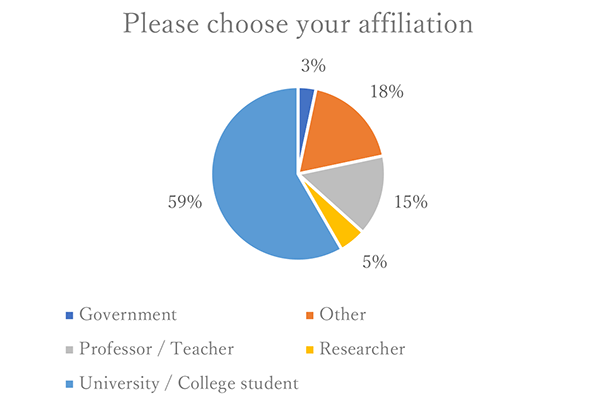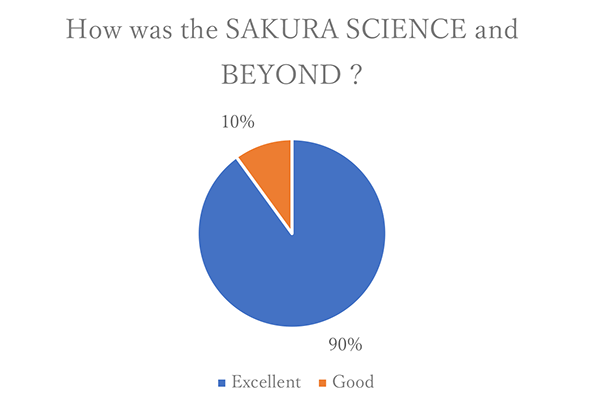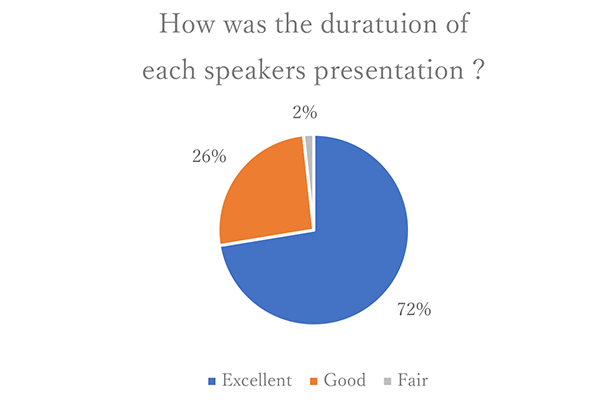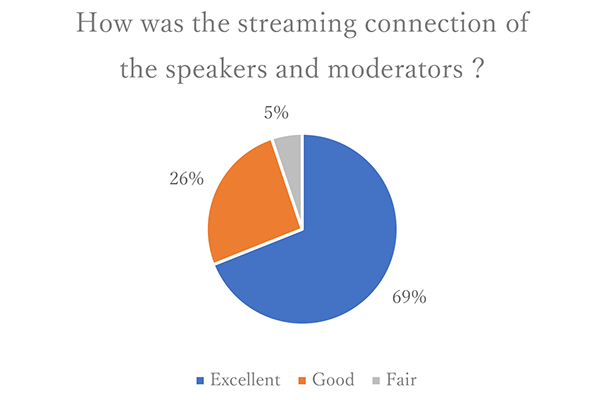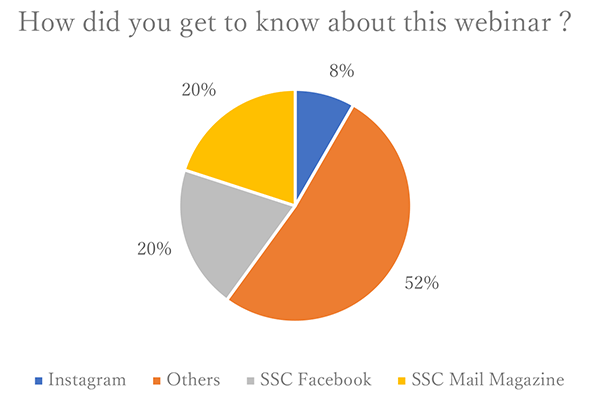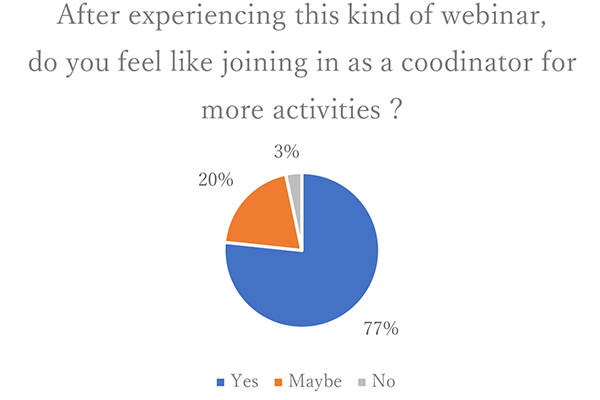Events
Sakura Science & Beyond─Webinar Explores Opportunities in Japan
<The Webinar>
Sakura Science Club (SSC) Japan Alumni Association and JST successfully concluded the online event “Sakura Science and Beyond” on March 6, 2021. It was streamed live from the Miraikan (The National Museum of Emerging Science and Innovation), where keynote speaker Dr. Mohri Mamoru is the Chief Executive Director. Over 200 viewers attended from 17 countries and regions. Guest speakers from a variety of backgrounds shared their valuable experiences and knowledge. The webinar was moderated by SSC Japan coordinators Ms. Ha Hoang (working at a computer memory company) and Ms. Thin Thin Htut (Hiroshima University). The founder of the Sakura Science program, Mr. Okimura Kazuki (President Emeritus, JST), and the head of SSC Japan, Mr. Lai Hung Wei (Tokyo Institute of Technology), welcomed the participants, and Mr. Kuroki Shinichi (JST) delivered the closing remarks.
In his keynote speech, Dr. Mohri told us that “challenges demand creativity”, and challenged the audience to “step out and see the world free of the limitations of boundaries or borders”. He introduced his “Tsunagari Project”, which aims to foster a global approach to problem-solving and science communication.
Following a group photo and a short break, guest speaker Mr. Chirayu Kothari, studying at the University of Tokyo’s Department of Civil Engineering, spoke about his journey to revisit Japan after the Sakura Science Program. He discussed some pros and cons of studying in Japan, and how one can benefit by connecting with groups of people from one’s home region.
Dr. Pham Nam Hai (Associate Professor, Department of Electrical and Electronic Engineering/School of Engineering, Tokyo Institute of Technology) presented his current research on spintronics, giving us insight into how he paved the path to become a prominent researcher and how he is collaborating with partner companies. He pointed out that is it important to appeal to the industry through benchmarking; to solve problems in real life as opposed to academia’s approach to try and solve problems in the future.
Dr. Tarin Clanuwat (Project Assistant Professor at ROIS-DS Center for Open Data in the Humanities, National Institute of Informatics) showed her work training AI to decipher classical Japanese cursive writing (Kuzushi Moji). She has developed many attention-grabbing pieces of software, including an app that can transcribe cursive Japanese from photos. She concluded with a quote from 18th century scholar Motoori Norinaga, that one should always believe in oneself, and keep making progress.
Lastly, Mr. Austin Zeng (Co-Founder and President of MEXT Scholars Association) spoke about working in Japan─that “Japan has a place for you”, and how one can take advantage of being an international graduate by knowing what one can bring to Japan. This webinar marked the first time for an SSC event to welcome an expert on this topic. The highly motivated can fill positions for which there is a shortage due to Japan’s decreasing population and business expansion overseas. Also, Japanese companies are presently expanding their HR search criteria for talented people regardless of nationality.
The secretariat and JST would like to thank all the attendees, speakers and moderators who contributed to this event. We also extend our deepest thanks to the representatives of SSC alumni organizations outside Japan, who made time to record the one-minute videos shown during the event. If you missed the webinar, please check it out on our YouTube Channel.*
*Please kindly understand that the YouTube version has been partly edited.
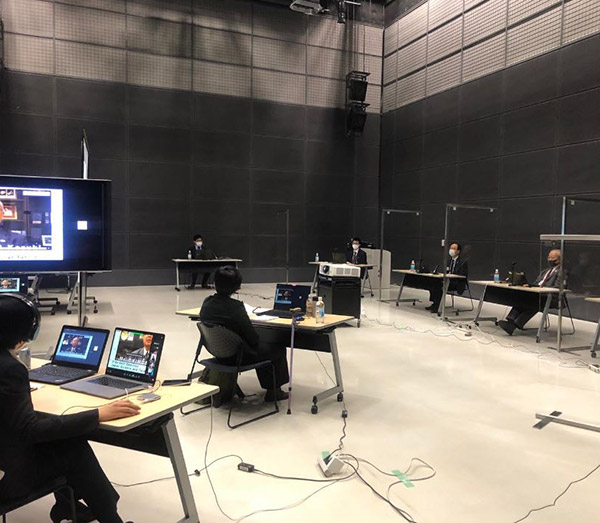 Event Venue at Miraikan
Event Venue at MiraikanMuch Room for Social Distancing
<The Survey>
As with any other event organized by Sakura Science Club, the follow-up survey was a precious source of information for us. Sakura Science and Beyond attendees have continued to gift us with valuable feedback, while informing us of important issues to consider for future events.
54 out of 60 attendees rated the webinar Excellent. Some respondents commented that the “speakers were very friendly and warm with very helpful information and motivational stories,” and that the event was “truly a memorable and informative experience.” However, the event did not allow much room for spontaneous interaction due to strict time-keeping. More time could have been allotted for extra communication. One respondent directly suggested that “SSC should communicate more with the attendees.”
Out of 60 respondents, of which 35 were college students, sixteen people wished to hear more about experiences faced by international students currently studying in Japan. Thirteen people wished for sessions related to specific fields, or sessions in sub-groups, e.g., groups focusing on smart cities, biology/health science, celestial mechanics, and so on. Therefore, in the future, there could be serial “limited sessions” where participants can interact more closely. By doing so, attendees may be able to spark research collaboration opportunities.
We believe that the success of an event does not depend solely on the number of attendees. If time is well-spent to learn about new things, we may say that the event is halfway successful. We would like to properly consider these issues when building future event programs. Thanking you for your participation, we hope to meet you again soon…








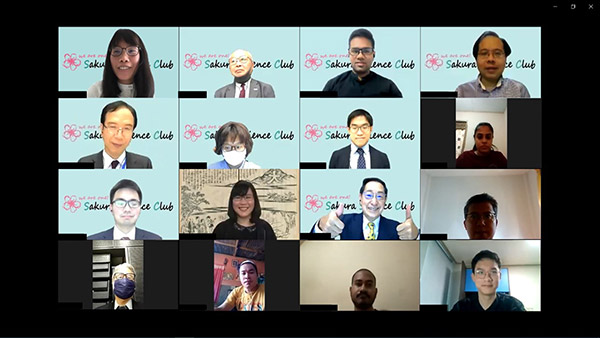
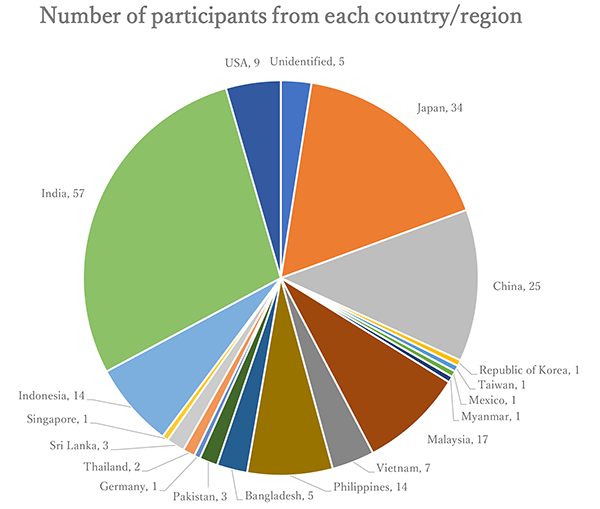
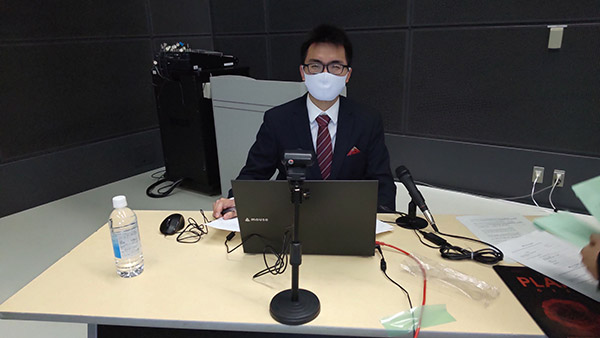 Mr. Lai Hung Wei
Mr. Lai Hung Wei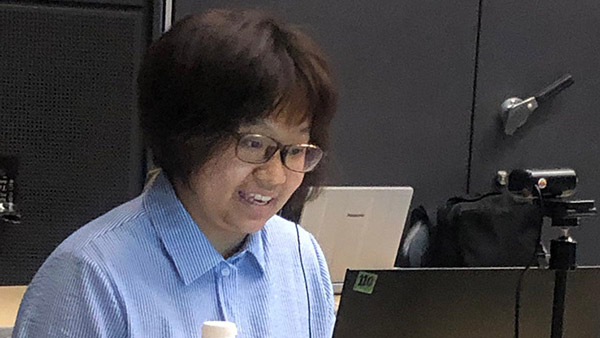 Ms. Thin Thin Htut
Ms. Thin Thin Htut